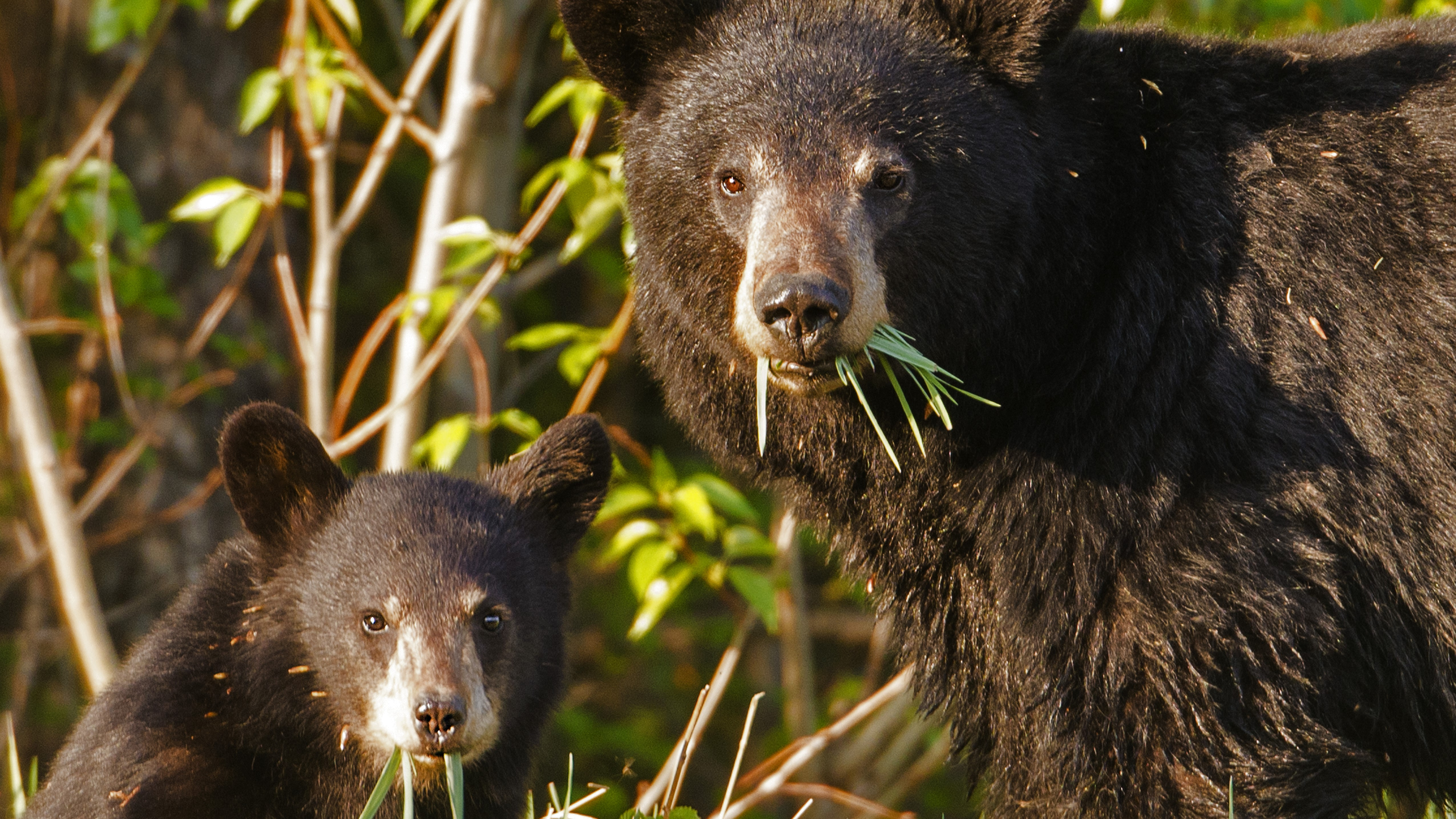
A Ranger at Yellowstone National Park has expressed alarm after a man was filmed taking photos of a black bear and her cubs from just inches away, putting himself and the animals in serious danger.
"The Ranger said if that had been a grizzly it would have been a fatality," said park visitor Tony Jackson, who caught the dangerous behavior on camera.
Jackson's video of the incident, which you can watch below, was shared via Instagram account TouronsOfYellowstone this week. As bears begin to wake from hibernation and Yellowstone prepares to reopen its roads for the spring hiking season, it serves as a timely reminder to give wildlife plenty of space.
The National Park Service (NPS) warns visitors to stay at least 100 yards (91 meters) away from bears and wolves, and 25 yards (23 meters) from bison and elk.
Approaching or distracting animals at US National Parks is illegal, and punishable by fines or even jail time. In 2021, a woman from Illinois was sentenced to four days in custody, given a year of unsupervised probation, banned from Yellowstone for a year, and ordered to pay over $2,000 in fines and fees after approaching a grizzly bear and her cubs to take photos.
"Approaching a sow grizzly with cubs is absolutely foolish," said acting US attorney Bob Murray on behalf of the District of Wyoming. "Here, pure luck is why Dehring is a criminal defendant and not a mauled tourist."
Black bears tend to be less aggressive than grizzlies, with the animals preferring to avoid human encounters and leave the area first if possible, but even seemingly harmless interactions can have serious consequences. Bears that often come into contact with people (particularly if they are fed from car windows or at campsites) can lose their natural wariness – a phenomenon called habituation. A habituated bear is more likely to approach people and settlements, and can become aggressive if it believes its food source is threatened, so officials may decide to euthanize it for public safety.
In 2020, a black bear was euthanized at Yellowstone after it entered a backcountry campsite, bit an adult and two children, then raided the family's food store.
"The risk of being injured by a black bear while in backcountry campsites in Yellowstone National Park is approximately 1 in 850,000 overnight stays,” said Yellowstone Bear Management Biologist Kerry Gunther after the incident.
“Although the risk is low, the park recommends that backcountry campers carry bear spray while hiking and when in camp. Hang food from the food pole at all times except when cooking or eating."
For more advice, check out our guides what to do if you meet a bear and wildlife safety: eight tips for surprise encounters.







